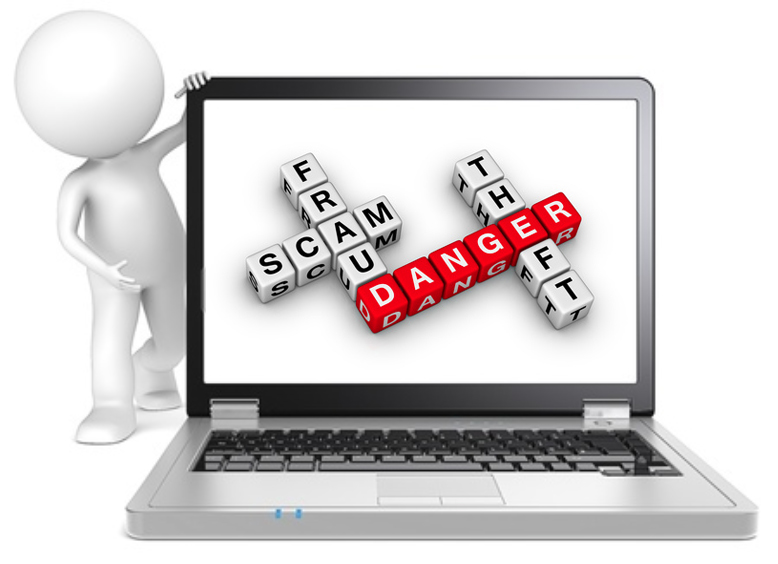Email scams are getting more and more sophisticated so it pays to be aware.
A lot of email scams pretend to be from your bank, Amazon, PayPal or ebay account and they usually offer a link for you to click on to rectify some urgent issue to do with your account.
This technique of getting you to visit a bogus website that look like the real thing is called phishing. The aim is to get you to send important information about your account login to an internet fraudster who will then use the details you supplied to access your account.
So here are a few tips on what to look out for:
The email will not contain your name –
Often the email will use generalisations such as Dear Customer or Dear User. Genuine emails will usually use personal identifyable information such as your full name or user name.
You must act immediately –
The scam email will often come across as really urgent encouraging you to act as soon as possible. It may even contain a veiled threat – your account will be suspended or your account has been limited until… etc.
Check the sender’s email address –
Looking at the sender’s email address can give you an obvious clue as it may not even look genuine, however even if the domain name of the phishing website contains the right words it doesn’t mean it is genuine.
Also look out for emails that appear to come from your own email address, these are designed to get around spam and security filters.
Even emails that look as if they have been sent from a genuine PayPal or bank address may not be genuine – think about what the email is asking you to do, is it related to an account security issue?
Fake Links –
These may look real, but they can lead you astray. Check where a link is going before you click by hovering over the URL in an email, and comparing it to the URL in the browser. If it looks suspicious, don’t click.
Never respond –
to emails that look like they come from your bank, ebay, PayPal or social networking sites like Facebook or Twitter that ask you to reset or confirm your password.
And finally report anything suspicious…
This will help protect you and others. Businesses such as Paypal have a dedicated email address where you can forward suspicious looking emails so that they can investigate and shut down the offender: Take a look here for more information about Paypal’s spoof email service


